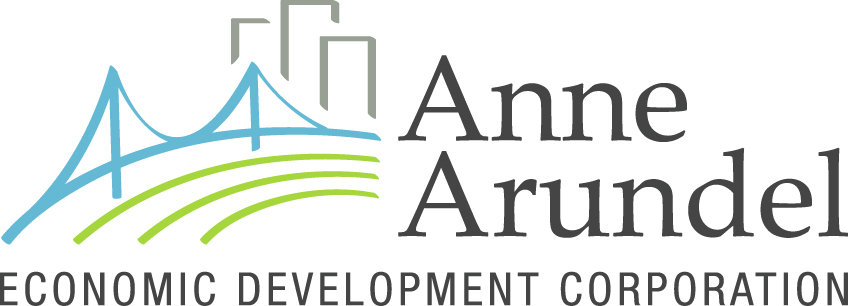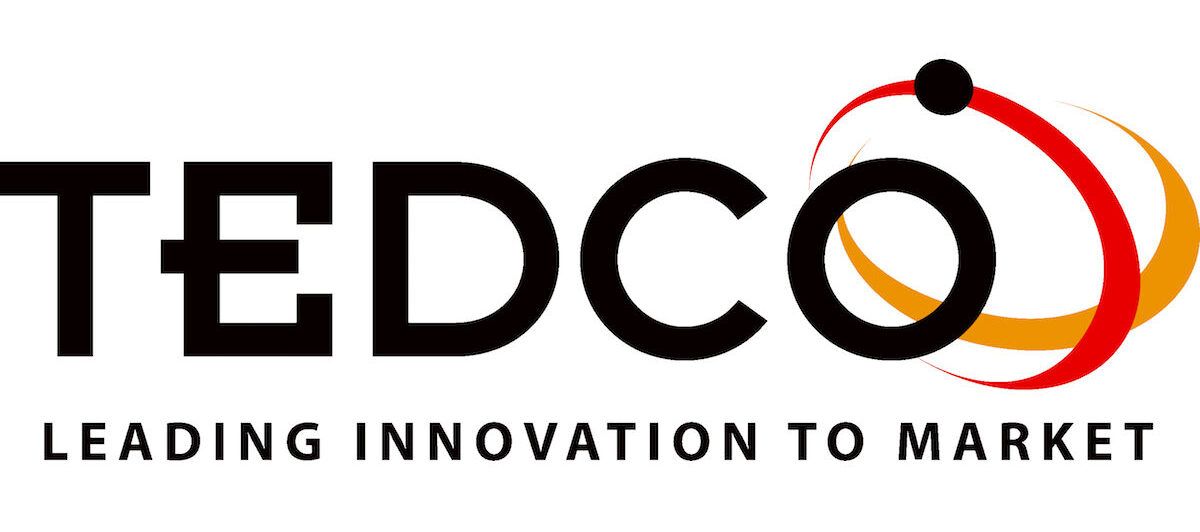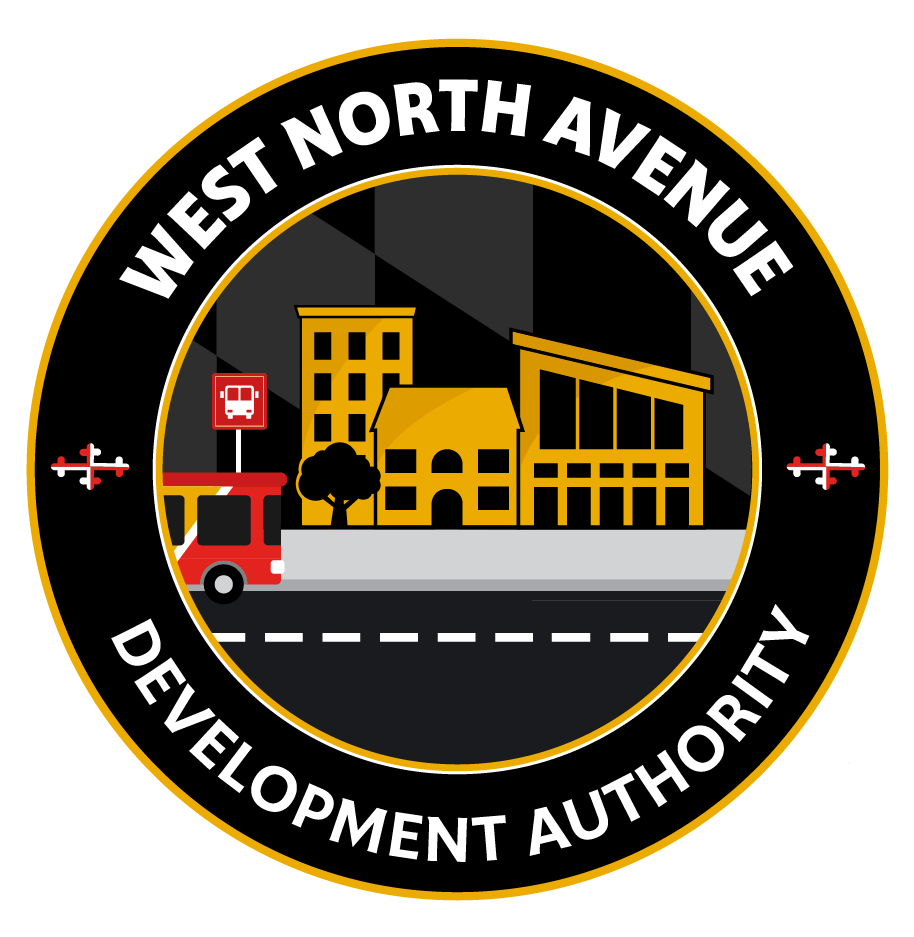Legislative Outlook for Economic Development
MEDA 2014 Winter Conference
- This event has passed.
Public and private sector leaders share their thoughts on economic development-related legislation that will be considered by the Maryland General Assembly during the 2014 session.
Click here to download a pdf of the agenda
Event Recap
Recap written by: Mindie Burgoyne

OPENING REMARKS – Anne Arundel County Executive, Laura Neuman, remarked that Economic Development has never been more important than today.
I’m a businessperson…. I believe that at the end of the day economic development is about job creation. As our economy grows, we grow and we can grow our way out of this recession. There has never been a more important time to be in economic development. It provides opportunity. Thank you to MEDA for the collaboration.

Welcome to Annapolis by Mayor Pantelides
“The conference was an opportunity to bring together some the most respected economic development professionals in the state,” Mayor Mike Pantelides said. “The numerous panel discussions were also instrumental in developing new partnerships.”
MEDA Business Leadership Panel

MEDA Treasurer, Sean Looney moderated the Business Economic Development Panel which included Donald C. Fry, President and CEO of the Greater Baltimore Committee; Kathleen Snyder, President and CEO of the Maryland Chamber of Commerce and James C. Dinegar, President of the Greater Washington Board of Trade. Mr. Looney posed a question to the members of the panel.
What is the best and worst thing that has happened over the past year in Maryland?
KATHY SNYDER stated that Maryland continued to hold strong with a competitive edge. But lost some of it. Data shows that the state is losing wealth. There’s a need to drive a vision for Maryland that is not driven by politics … a need to come up with a direction for Maryland to go in. Last year there was no clear direction. One of the objectives of the Maryland Competitive Coalition is to pull together business leaders from across the state and discuss what Maryland should be doing to be competitive in a global economy.
JIM DINEGAR said the best thing that happened was that the gas tax was passed, and transportation funding became available. The worst thing was there was no decision made on the Marcellus Shale drilling initiative.
DON FRY agreed with Snyder regarding competitiveness and agreed with Dinegar about transportation funding which will initiate actual projects. He believed the worst thing is that the Federal Government paralysis. The Feds can’t make a decision and finds sequestration as a way to handle the budget. This impacts employment in Maryland. A major issue with the Maryland General Assembly this session will be minimum wage because the Feds aren’t able to address the issue.
What do you say to the folks that objected to the Maryland Transportation Tax?
KATHY SNYDER stated that good things came from the tax such as money finally available for roads and bridges particularly in the rural areas where there was none before. A new Transportation Secretary was appointed, and the Public Private Partnership Bill was passed that will help restrain some of the gas tax dollars so the rural areas will get a share.
DON FRY reminded us that the State Transportation system is statewide. The reality was that Maryland had no money to do anything. The tax allowed for the state to move forward with badly needed projects. He advised that the Legislature should look to assign a dedicated source of funding for transit.
For the first time DC has more people living in the city than Baltimore does. Does that matter for Maryland?
JIM DINEGAR stated that is doesn’t really matter because we operate as a regional economy. The competition is in the Chicagoland area and Silicon Valley. There are some implications though. The regional transportation should be more fluid. Virgina rail shouldn’t stop at Union Station. We should use the infrastructure that exists to improve what we have. There are big opportunities on the horizon, in Prince Georges County in particular. “The first ship that comes through the Panama Canal should come through Baltimore. That’s the ship that will get all the PR and it’s a game changer.”
What one thing needs to be done?
DON FRY responded that the tax system needs to be restructured so that a similar amount of money is raised by is more conducive to job creation.
KATHY SNYDER agreed with Fry but added that Maryland needs an attitude adjustment regarding the business community. There seems to be a dichotomy between the business community and the people of Maryland. There needs to be a greater partnership. There needs to be dialog about what’s going to be driving our economy in the future. The next administration should have state employees appreciate that entrepreneurs want to set up businesses here. There should be a more collaborative process between citizens, business and the state government.
JIM DINEGAR weighed in on marijuana stating that we are in the most highly educated region in the country, and legalizing pot would send a mixed message and ultimately be destructive to the population and the economy. He also stated that we need to either fish or cut bait on Marcellus shale.
When Sean Looney asked Kathy Snyder, “What do you see as your legacy?” Snyder replied that her work on the Maryland Competitive Coalition was what she was most proud of. She believes that if the business community doesn’t work together in a positive way with elected officials and the community, Maryland is not going to have that needed attitude change.
When Looney posed the question to Jim Dinegar and Don Fry, “What words of wisdom would you give to Kathy’s replacement?” Fry replied that the person who replaces Kathy should continue to foster the communication between the business community, the legislators and the public, as well as seize the new opportunities with Cyber sectors and the Port of Baltimore. Dinegar stated that the replacement should be secure in her ability to represent the business community and do the right thing regardless of public opinion.
Maryland Legislative Outlook Panel
 MEDA President, Larry Twele introduced the members of the Legislative Outlook Panel which included Senate President, Michael Miller, Jr. and Maryland House Speaker, Michael E. Busch, Senate Minority Leader, David R. Brinkley and House Minority Leader, Nicholaus R. Kipke.
MEDA President, Larry Twele introduced the members of the Legislative Outlook Panel which included Senate President, Michael Miller, Jr. and Maryland House Speaker, Michael E. Busch, Senate Minority Leader, David R. Brinkley and House Minority Leader, Nicholaus R. Kipke.
Senate President Michael Miller opened the panel discussion stating that Maryland needs to market itself as the Baltimore, Washington corridor. He noted that the state is too dependent on Federal Government jobs and needs to expand in private sector jobs base and commit to economic programs and incentives that grow the private sector. He mentioned that the Senate will look to phase out the estate tax and noted that it will be a “tough sell.” He said they were also looking at business tax credits as incentives for job growth.
Senate Minority Leader Brinkley stated that he’s committed to work with others in the Senate to craft alternatives that will move the state forward and make it employer friendly. He also stated that Maryland has a tax policy that has fueled a class warfare, and the upper class has chosen to leave. He noted Florida’s allowing residency if a person demonstrate charitable purposes attracted businesses to leave states that are “tax oppressive.” He affirmed that the benefits Maryland gains from federal spending is an asset, but the heavy dependence on those benefits is a liability. In commenting Maryland having an educated workforce, he also reminded that that workforce is mobile and can flee to other states.
House Minority Leader Kipke noted his willingness to work with the Speaker on issues that matter to all of Maryland. He stated that Maryland has lost 8 billion dollars in adjusted gross tax revenue and that half of those lost dollars have been to neighboring states (specifically Virginia, Pennsylvania and Delaware). Kipke believes that if the Legislature grows the budget a little slower, it can pay the bills and add some new costs while still reducing taxes. He confirmed that he opposes the increase in minimum wage stating that it would reduce jobs, and he believes that increasing the earned income tax credit or reducing taxes will have a greater positive impact on the economy.
Speaker of the House, Mike Busch stated his disbelief in the idea of there being a mass exodus from Maryland due to the bad economy. He says it isn’t supported by data. He reminded everyone that Maryland still has the highest median income in the country, and he believes that is because of the investment in the K-12 system. He stated that the Legislature made a concentrated effort years ago to decrease property tax, and that he would join Delegate Kipke in sponsoring a bill to lower the piggy back tax imposed by the counties. In regard to corporate taxes, Speaker Busch stated that the only state lower than Maryland is Virginia, and we are not competing with Virginia, we’re competing with Northern Virginia. “The rest of Virginia, as far as I’m concerned is like South Carolina.” The speaker wrapped up his comments by saying that Maryland had come through the worst recessionary period since the great depression, and at the end of the day it was our education system that kept things in tact.
Later when asked what legislation they were considering for this Session, Senator Miller stated that in terms of cutting the income tax, they were not going to do that and reminded the audience that Maryland gives part of the income tax back to the counties and that we are the only state that does this. Delegate Kipke said he has a proposal that would allow a portion of self-employed income to be tax free.
Speaker Busch said he would like to form a commission headed by the private sector to review the agencies that impact economic development and see if they are using the best practices. He specifically mentioned DBED and the use of MEDAAF. Speaker Busch also stated that Cyber Security is the new gold mine industry for Maryland and that he’ll look at ways to incentivize growth there. Additionally, the Speaker stated that Internet sales have hurt the retail economy and he will work to close the loophole that allows internet sales providers to avoid taxes and avoid collecting Maryland sales tax from Marylanders who shop on line.
Remarks from Governor Martin O’Malley
 Governor O’Malley posed the question, “How can we accelerate our momentum so we can expand our jobs and improve our quality of life?” He stated as a resonse that it is because of the work of Maryland’s business community and Economic Development service providers that we had the fastest rate of job creation of any state in our region, specifically 88% faster than Virginia. Our median income has also held steady.
Governor O’Malley posed the question, “How can we accelerate our momentum so we can expand our jobs and improve our quality of life?” He stated as a resonse that it is because of the work of Maryland’s business community and Economic Development service providers that we had the fastest rate of job creation of any state in our region, specifically 88% faster than Virginia. Our median income has also held steady.
More indication that Maryland has continued to move forward is that the unemployment rate is down to 6.8% which is the lowest since 2008. Maryland has been making bigger investments in infrastructure, and the State’s mission to educate innovate and rebuild has helped Maryland keep its competitive edge.
The Governor believes there is no progress without creating jobs, and stated that his administration’s mission has been to strengthen and grow the number of the jobs lost in the recession. He noted that they have cut more planned spending than any administration of Maryland’s history, and have now recovered 100% of the jobs lost in the recession. He is proud that the US Chamber of Commerce named Maryland #1 for innovation and entrepreneurship. He believes that recognition came because of things like the Invest Maryland Challenge, the Maryland Venture Fund and our abundance of research facilities and our ability to transfer that knowledge into the economy.
The Governor stated the Legislature has not given DBED the tools that they need like other states have, in terms of the incentive dollars. Other states realize they need a certain amount of liquid funds to be able to incent business to locate and grow. “We will be proposing an enhancement to MEDAAF – the Maryland Economic Development Assistance Fund, to accomplish some important goals.” One goal is giving tech companies in Maryland flexible terms on working capital and another is to provide assistance for training.
When questioned about his stance on the Minimum Wage bill, the Governor stated that he does not believe in “Trickle Down Economics” and believes that if you pay workers enough, they will have more money to put back into the economy, citing that this was also the philosophy of Henry Ford. “Al of this is about strengthening the middle class. We need to build an economy from the middle out.”
DBED Panel
 Sean Looney moderated a panel of senior staff from the Maryland Department of Business and Economic Development that included Ursula Powidzki, Assistant Secretary for Business & Enterprise Development; Hannah Byron, Assistant Secretary for Tourism, Film & the Arts and Raquel Guillory, Assistant Secretary for Marketing & Communications.
Sean Looney moderated a panel of senior staff from the Maryland Department of Business and Economic Development that included Ursula Powidzki, Assistant Secretary for Business & Enterprise Development; Hannah Byron, Assistant Secretary for Tourism, Film & the Arts and Raquel Guillory, Assistant Secretary for Marketing & Communications.
Hannah Byron stated that Film tax credits helped to keep the film industry alive in Maryland. The $20 million in credits was gone in the first five minutes of the fiscal year. There were many opportunities but the State opted to go with television series’ such as House of Cards and Veep because they offer more long term commitment.
Ursula Powitzki elaborated on MEDAAF and how companies has changed since MEDAAF was formed 14 years ago and the purpose of MEDAAF must grow with those changes. Originally MEDAAF supported companies making large capital investments. Today companies are investing in intellectual capital. We also need to find away to support the need for training, and develop a vehicle to assist with workforce training.
When asked if DBED sees itself as having a role in building communities in Maryland, Hannah Byron discussed the Heritage Area program, the Arts & Entertainment District tax credits and working with partners in the localities. Ursula mentioned two ways her DBED division addresses this. One is through collaboration with a diverse set of organizations such as tech councils and economic development partners, and the other is a more narrow focus where DBED works one-on-one with companies and high-potential prospects.
When asked what insights she got from being in the Governor’s office, Raquel Guillory stated that it gave her a global view of all state government. “You forget how agencies are designed to work together.” She stated that collaboration matters and it is important.
A question was posed regarding how DBED expected to work with economic development offices in municipalities since its current structure provides only consistent communication with county economic development offices. Raquel Guillory responded that there are many communication processes, email newsletters, blogs, the ChooseMaryland.org website and organized meetings that provide outreach into all economic development communities. Ursula fielded the questions to Heather Gramm of DBED Office of Business Development who stated that the regional development teams are working on the issue and they are continuing to strengthen those relationships in the municipalities.
When
Thu, Jan 9, 2014 @ 8:00 am - 2:30 pm
Where
Governor Calvert House
58 State Circle
Annapolis , MD 21401





